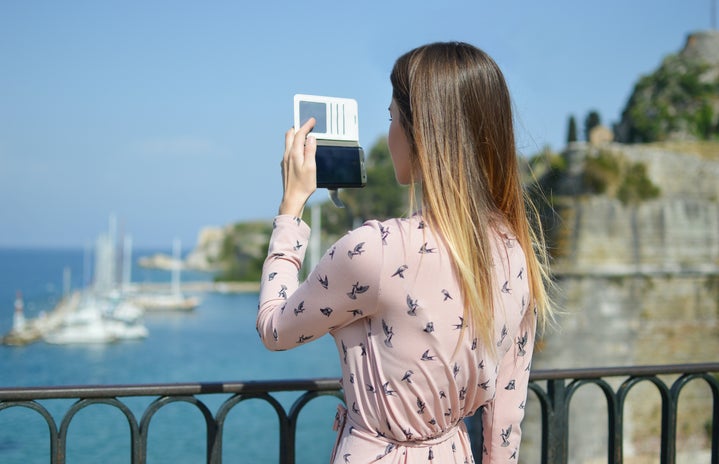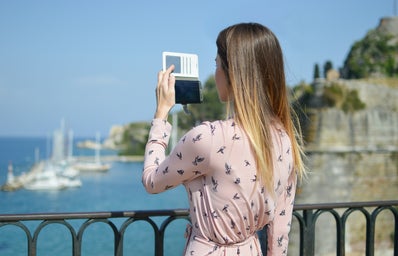Snapchat users are taking to other social media platforms to express their dismay about how some filters drastically alter their natural features, BuzzFeed News reports.
Users are concerned that some filters lighten skin, in addition to altering facial features by making them smaller or thinner, BuzzFeed reports. These filters are seemingly supposed to make the user look better or prettier, which definitely makes it seem like Snapchat favors whiter skin.
The biggest offender? Your favorite flower crown filter, BBC Newsbeat reports.
The Coachella @Snapchat filter is being called racist for skin whitening! What do you think?!? @ActionNewsJax pic.twitter.com/vzYv4FT2OA
— Romney Smith (@RomneyANjax) May 17, 2016
Lol so they try put flowers on top of the face to distract from the fact that it’s a skin lightening feature
Snapchat you’re not slick
— Dan Soff [JOKUZA] (@Swagadore) May 8, 2016
The coachella filter on snapchat is supposed to be pretty and cute.
Really it’s just whitening your skin and making your nose smaller.— Mukat Singh (@mooks95) April 19, 2016
The issue is sparking debate on social media, especially Twitter, where some users argue that the filters are not a problem.
People quick to complain #snapchat filter whitening their skin, but would do it in a heartbeat on any photo app.
— Angel Addams (@angel_addams) May 17, 2016
@lenainglis_ @RomneyANjax @Snapchat @ActionNewsJax is this whitening, or brightening? It seems like the latter to me.
— Valentin (@Uselessrant) May 17, 2016
Users are mostly taking issue with Snapchat’s “pretty” filters, which smooth blemishes and under-eye circles, while also making skin look lighter in tone.
Snapchat, I am very disturbed by the fact that your “beautification” filters make my skin lighter, and my nose and jaw smaller. Just saying.
— Allegra Clark (@SimplyAllegra) May 9, 2016
but why do the snapchat “beautifying” filters make your skin whiter and eyes lighter
— mom streeter (@ccstreeter) May 10, 2016
This is the latest in allegations of racism by Snapchat. The company featured a “Bob Marley” filter on April 20, which was criticized for representing “digital blackface,” BBC Newsbeat reports.

